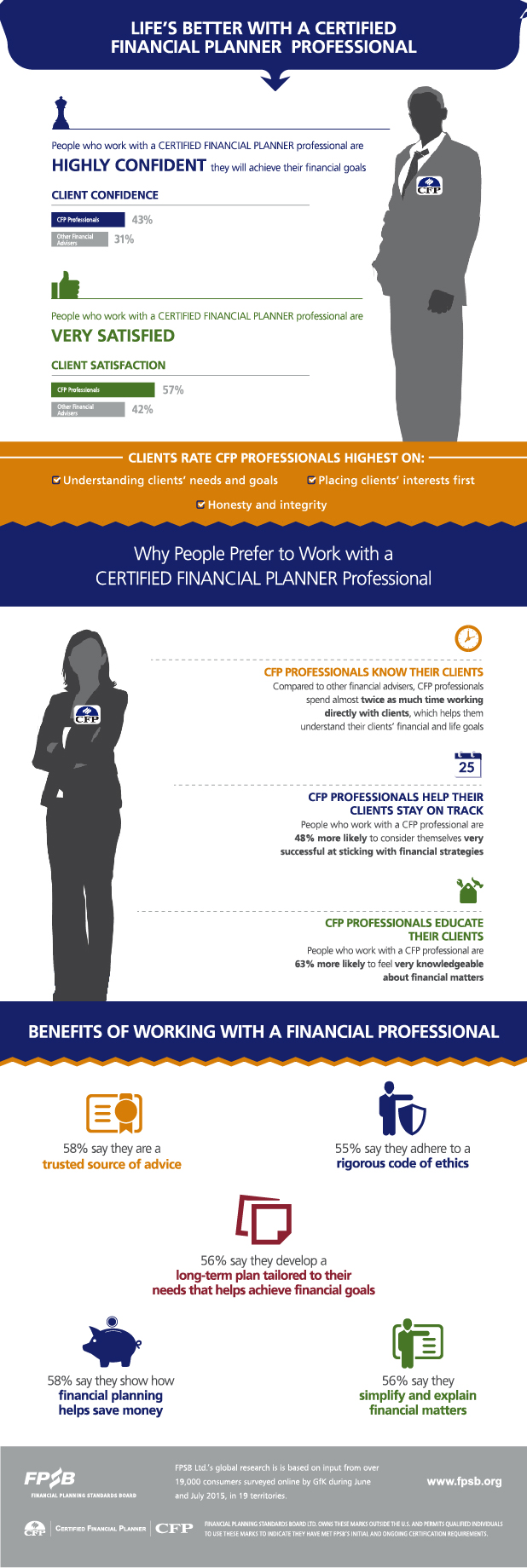The Effect Of Emotions On Financial Decision Making: Understanding The Psychology Of Wide Range

Material By-Nicolajsen Rosenkilde
When it comes to riches and financial decisions, feelings are usually the unseen pressure driving the wheel. Your state of mind, worries, and needs can sway your selections more than you understand, potentially influencing your monetary well-being. By unraveling the intricate dancing in between emotions and money, you could uncover surprising insights that might improve the way you come close to riches monitoring. Comprehending the psychology of wide range can unlock a path to even more conscious and reasonable monetary decision-making, guiding you in the direction of an extra prosperous and steady future.
Emotional Influences on Financial Choices
When making economic decisions, feelings play a substantial role in influencing your choices. It's essential to recognize exactly how sensations like fear, greed, and exhilaration can influence your monetary wellness. Anxiety might lead you to make overly mindful decisions, missing out on prospective opportunities for growth. On the other hand, greed can push you in the direction of high-risk financial investments that might not align with your lasting objectives. Excitement may trigger you to neglect important details or thrill into choices without proper evaluation.
Recognizing Senior Financial Advice and exactly how they affect your financial selections is essential for making sound decisions. By being aware of your emotional state when faced with monetary choices, you can take actions to reduce impulsive habits and think more rationally. Setting clear monetary objectives and having a well-thought-out plan can aid you navigate these psychological influences properly. Keep in mind, it's alright to seek assistance from financial consultants or advisors to gain viewpoint and make educated choices in the middle of psychological disturbance.
Common Psychological Biases in Wealth Management
Comprehending the common emotional prejudices in wealth administration is important for making enlightened monetary choices. One common predisposition is overconfidence, where people often tend to overestimate their knowledge and capacities, resulting in excessive risk-taking. This can lead to poor financial investment options and considerable losses.
One more typical bias is loss aversion, where the worry of shedding money outweighs the potential for gains, triggering capitalists to make traditional choices that might prevent wealth build-up.
Verification predisposition is additionally widespread in wealth administration, where individuals seek details that aligns with their existing beliefs while overlooking contradictory data. This can result in a skewed assumption of market trends and impede the capability to adapt to altering monetary landscapes.
Furthermore, securing prejudice occurs when people count also heavily on initial details when choosing, potentially resulting in suboptimal results.
Techniques for Mentally Smart Spending
To browse the intricacies of attaching emotional intelligence, take into consideration executing useful techniques that line up with your economic goals and take the chance of tolerance. Begin by establishing clear financial investment objectives based on your lasting economic goals.
Diversification is essential to managing threat and can help support your profile from market volatility. Routinely evaluation and readjust your financial investment profile to ensure it stays lined up with your transforming monetary conditions and take the chance of hunger.
Practice mindfulness to stay grounded throughout market changes. Emotions like concern and greed can cloud judgment, leading to spontaneous decisions. By remaining https://squareblogs.net/tesha2417louetta/discover-the-world-of-retired-life-planning-secrets-where-beneficial and reasonable, you can make more educated investment choices.
Additionally, automate your savings and investments to avoid psychological decision-making. Setting up automatic payments to your investment accounts can help you stay disciplined and stay clear of the lure to time the market.
visit the up coming site
In conclusion, by acknowledging and handling your feelings when it comes to economic decision-making, you can enhance your opportunities of making logical selections and attaining long-term financial stability.
Understanding usual emotional predispositions, establishing clear purposes, branching out investments, and practicing mindfulness are essential techniques for making mentally intelligent investing choices.
By taking control of your feelings and executing these approaches, you can navigate the complexities of wide range administration with confidence and success.

